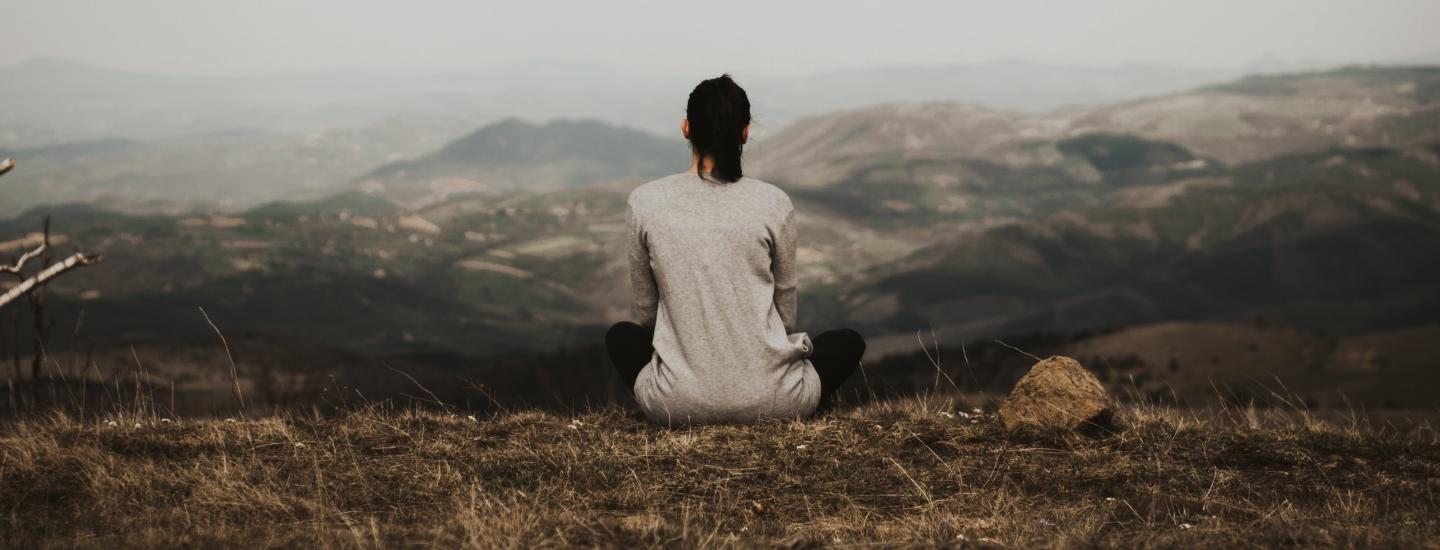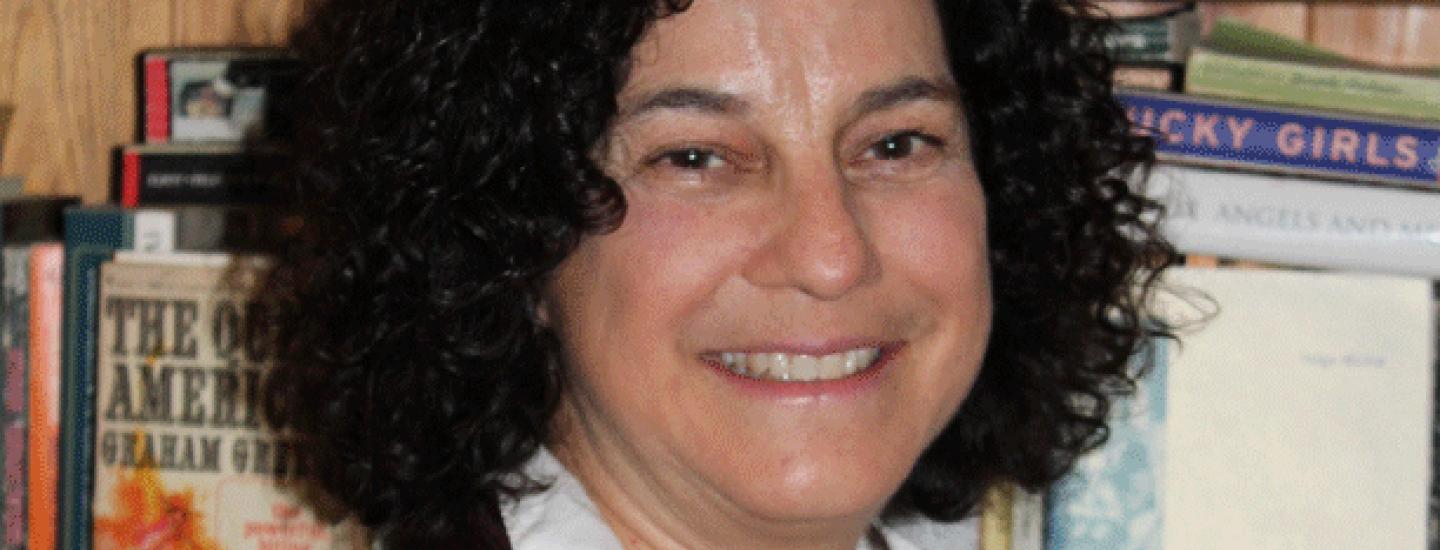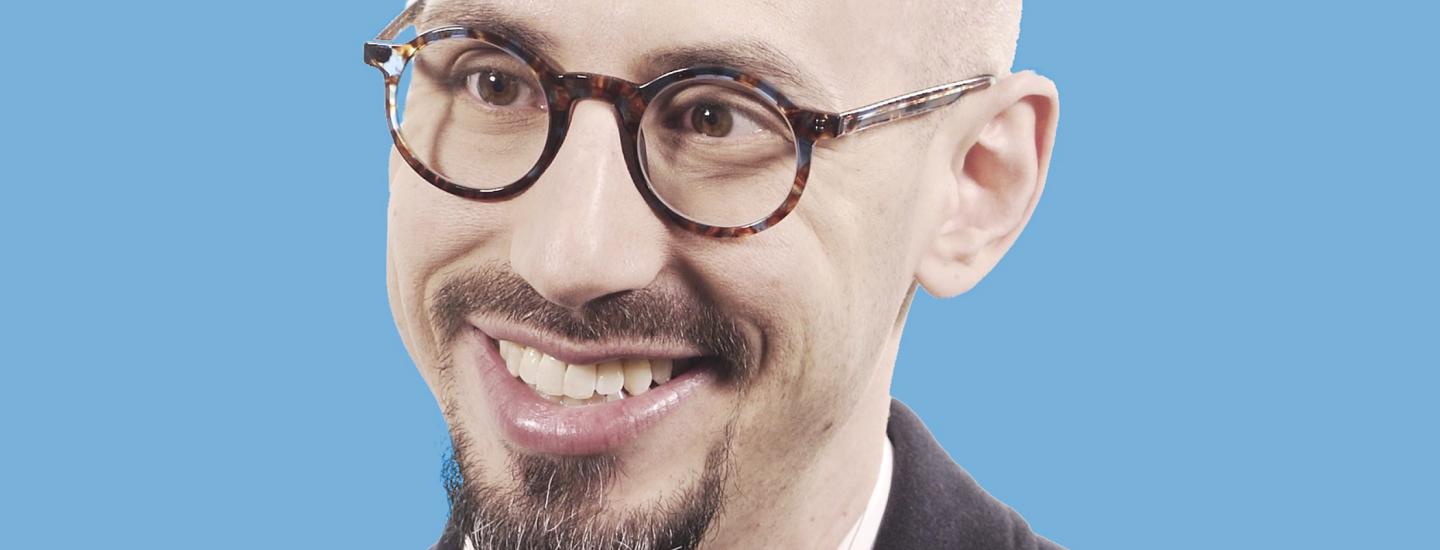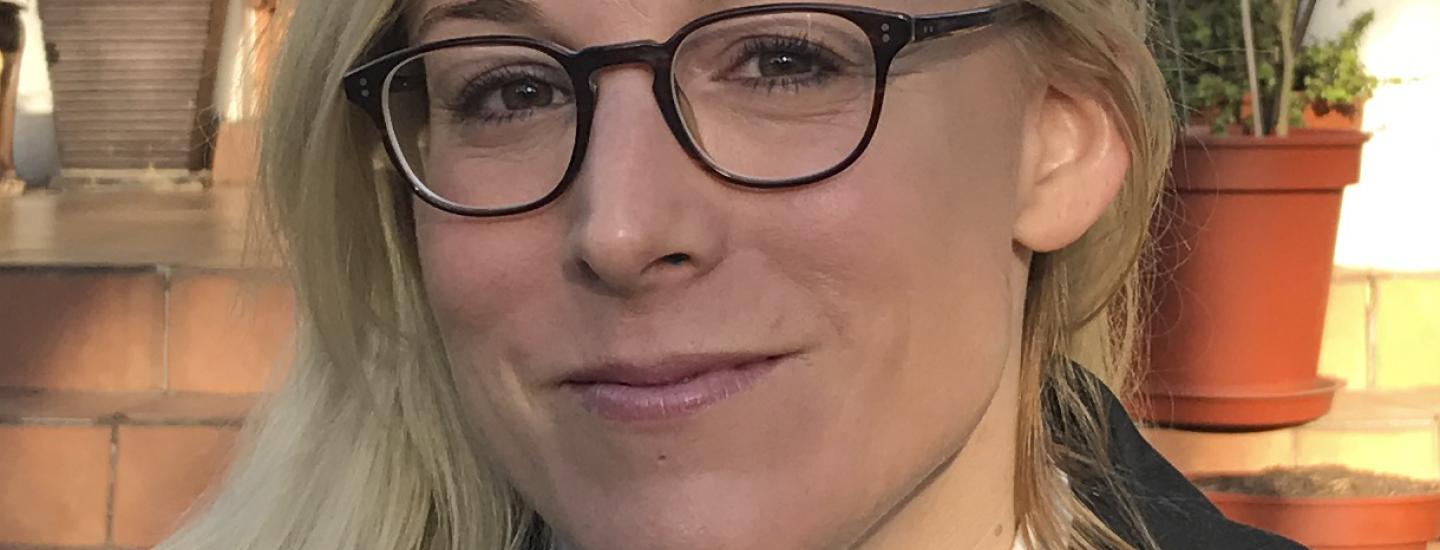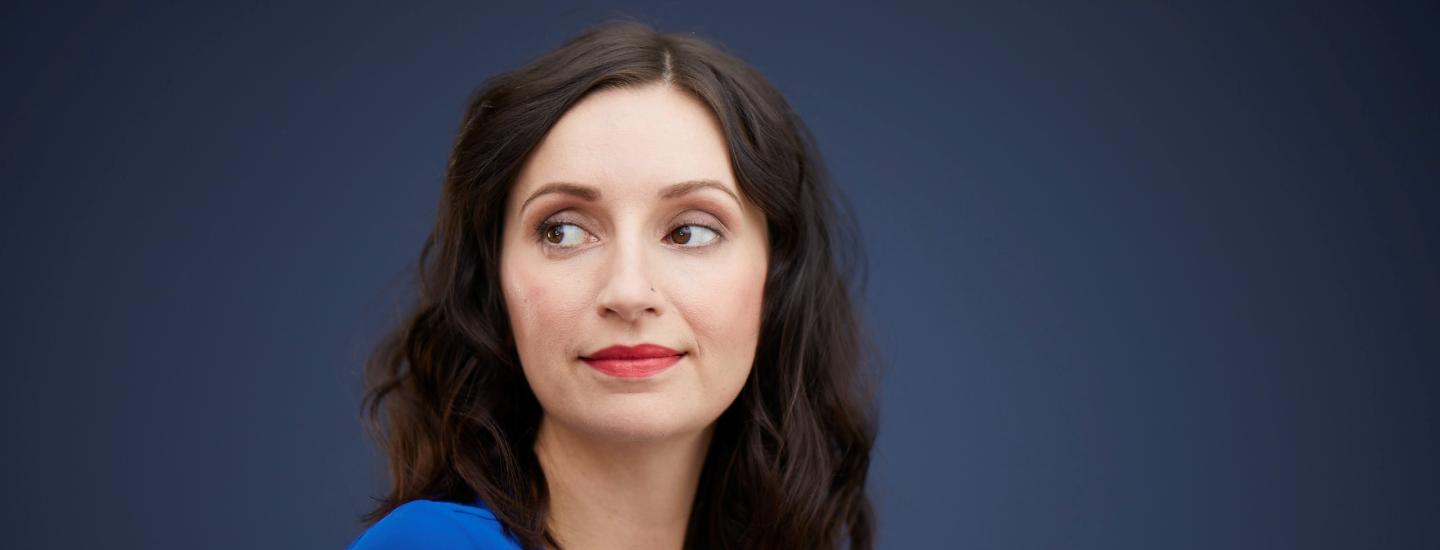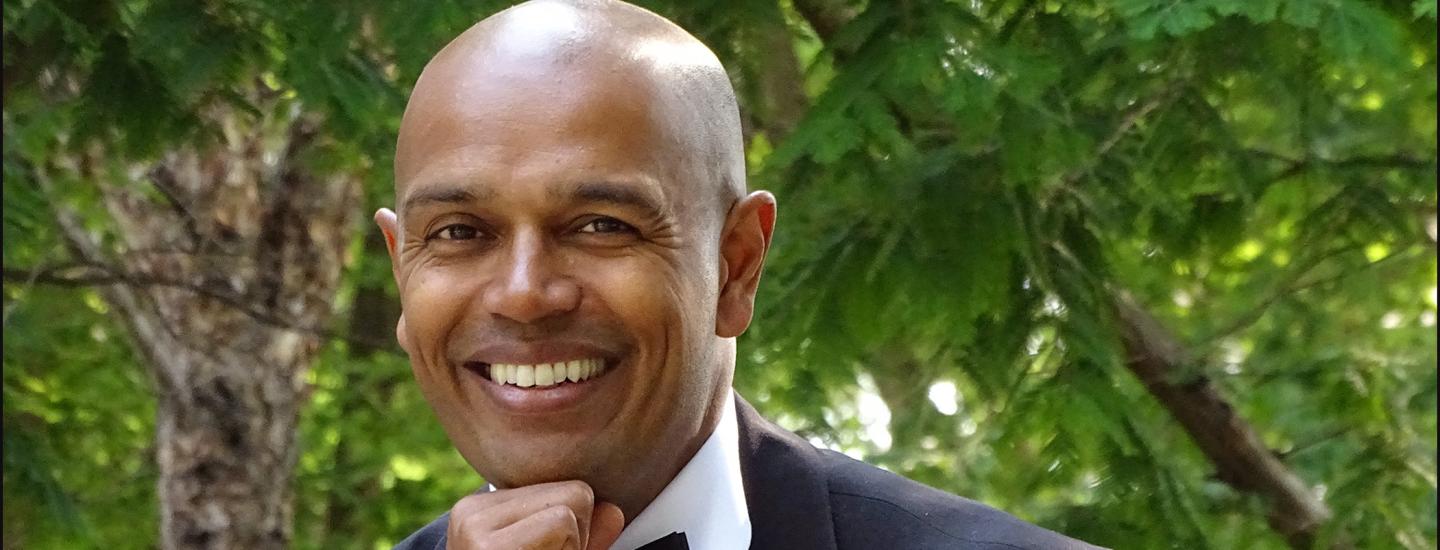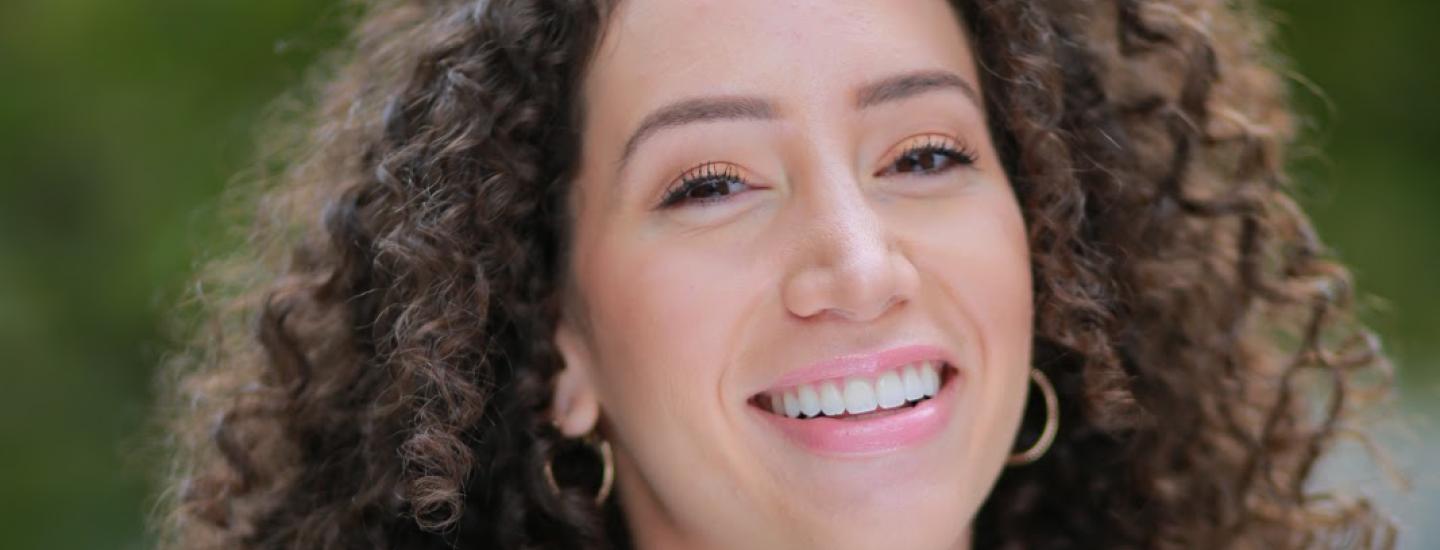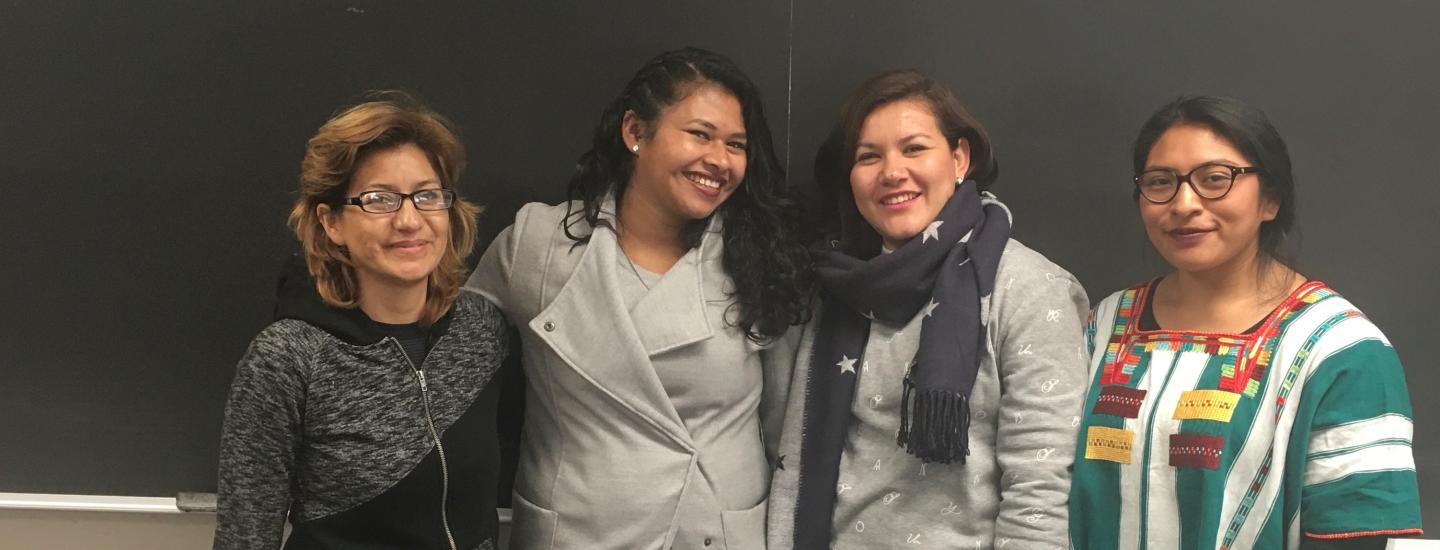
“Learning a language is not only about the language but the culture.” - Evandro Rodrigues
We chatted with translation instructor Evandro Rodrigues about the challenges of learning a new language and where his love of teaching translation comes from.
{"preview_thumbnail":"/sites/default/files/styles/video_embed_wysiwyg_preview/public/video_thumbnails/pj3eaLZ5xfY.jpg?itok=bo9Da5JM","video_url":"https://youtu.be/pj3eaLZ5xfY","settings":{"responsive":1,"width":"854","height":"480","autoplay":0},"settings_summary":["Embedded Video (Responsive)."]}
What is your advice for someone learning a new language?
My greatest advice for people who want to learn a new language is, first and foremost, to open their minds to a new territory. What I mean by a territory is a combination of the culture of which the language is part of and the values the language has in terms of different grammar rules, different vocabulary, idiomatic expressions, different sounds, different ways of expressing the language. So they can give themselves the opportunity to immerse in the language and learn the language more effectively.
What do you love most about teaching translation?
What I love most about teaching translation is that I have the opportunity to explore the differences and similarities of two languages and at the same time to help students to reflect on those differences and similarities by raising relevant questions and finding the right renderings for even the most complex segments of phrases, sentences and texts. With this opportunity that they have in the course they can express their own identities in their translation.
What makes someone commit to learning a language?
People don’t really have to learn a language for work. They might have a passion about music, culture, arts in general and this might trigger their interest in language. I had this student who came to me one day and he wanted to learn the lyrics to bossa nova music and after a few lessons he decided to go to Brazil with his wife and when he came back he told me that learning a language is not only about the language but the culture that the language is involved with.
Evandro Rodriguez has been teaching ESL and Portuguese to people from all over the world for over 15 years. He teaches courses in the Translation into Portuguese certificate at the School of Continuing Studies.


